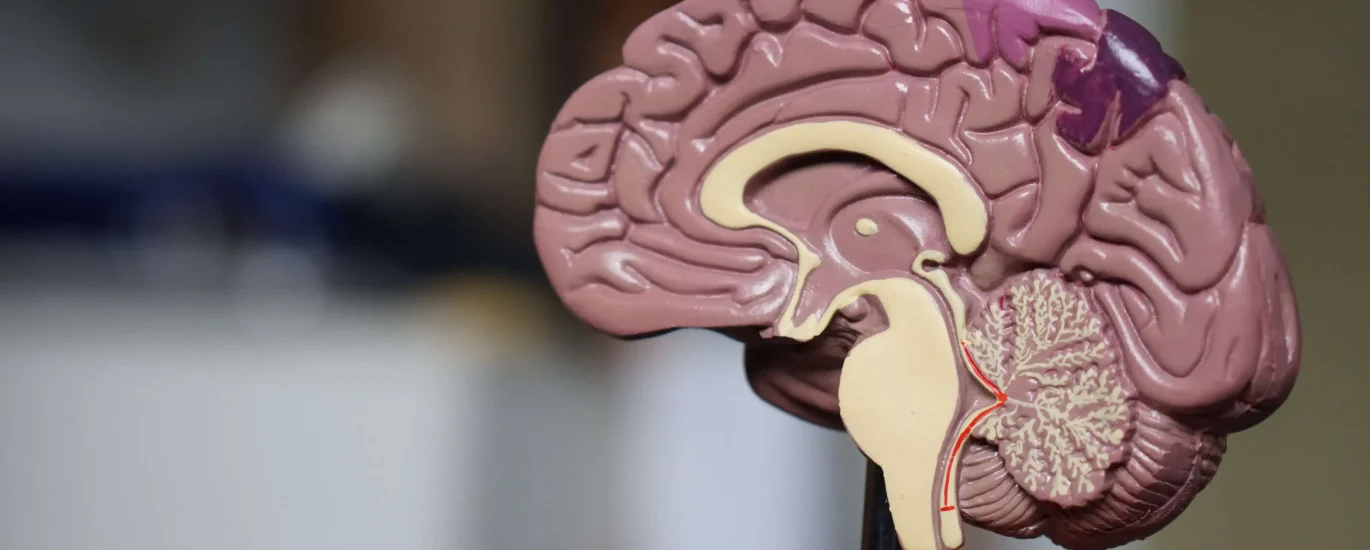Dementia is a term used to describe an array of conditions that have an adverse impact on memory. People may thus have difficulties with
- Memory
- Thinking
- Communication
- Planning tasks
- Coping with activities of daily living such as washing, dressing, cooking, etc.
- Subtle changes in personality or mood
Dementia is a progressive condition, which means that the symptoms get worse as time goes on.
How common is dementia?
Ref: https://www.dementiastatistics.org/
- Around 900,000 people are living with dementia in the UK.
- There are around 70,000 people under the age of 65 years living with dementia in the UK.
- 1 in 50 people aged 65-69 years. have dementia and this rises to 1 in 5 for people aged 85-89 years.
- 65% of people living with dementia are women.
What are the different types of dementia?
- Alzheimer’s disease is the most common form of dementia diagnosis in the UK, with about 2/3rds of all cases of dementia.
- Vascular dementia is the next most common form of dementia (around 20%)
- Mixed type dementia (more than one type of dementia, for example, Alzheimer’s disease + Vascular dementia)
- Lew body dementia
- Parkinson’s disease dementia
- Frontotemporal dementia
- Few other rarer causes such as
- Creutzfeldt-Jakob disease
- Multiple Sclerosis
- Multiple Sclerosis
What is young onset dementia?
- Dementia is considered as being young onset when symptoms develop before the age of 65 years.
- There are around 70,000 people with young-onset dementia living in the UK
- People from Black and Minority Ethnic backgrounds have a higher risk of being diagnosed with young-onset dementia
- The most common causes are Alzheimer’s disease, vascular dementia, alcohol misuse, frontotemporal dementia, or familial forms of dementia caused by genetic mutations.






